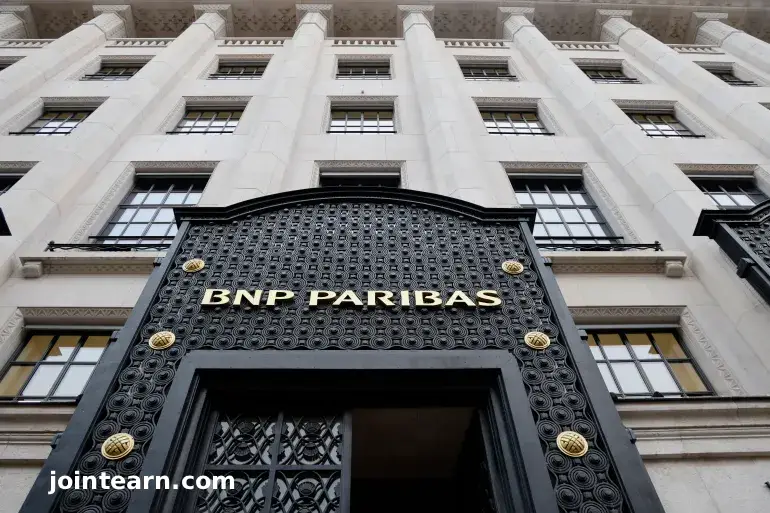
A New York jury has found French banking giant BNP Paribas liable for atrocities committed in Sudan under former president Omar al-Bashir, ruling that the bank’s financial services helped prop up the regime.
Jury Verdict and Damages
- The eight-member jury sided with three plaintiffs originally from Sudan, now US citizens.
- A total of $20.75 million in damages was awarded.
- Plaintiffs testified to enduring torture, cigarette burns, slashing, and sexual assault by Sudanese soldiers and the Janjaweed militia.
Entesar Osman Kasher, one of the plaintiffs, told the court, “I have no relatives left.”
Allegations Against BNP Paribas
The trial examined whether BNP Paribas’s services were a “natural and adequate cause” of the harm suffered by survivors of ethnic cleansing and mass violence in Sudan.
- From the late 1990s until 2009, BNP Paribas provided letters of credit that allowed Sudan to honor import and export contracts.
- Plaintiffs argued that these financial guarantees enabled Sudan to export cotton, oil, and other commodities, generating billions of dollars that financed atrocities.
Plaintiffs’ attorney Bobby DiCello said, “The jury recognised that financial institutions cannot turn a blind eye to the consequences of their actions.”
BNP Paribas Responds
- BNP Paribas described the verdict as “clearly wrong” and announced plans to appeal.
- Defense lawyers argued the bank’s operations were legal in Europe, coordinated with international institutions such as the IMF, and that the bank had no knowledge of human rights violations.
Background: Sudan Conflict
- The US recognized the Sudanese conflict as genocide in 2004.
- From 2002 to 2008, the war claimed around 300,000 lives and displaced 2.5 million people, per UN estimates.
- Al-Bashir, ousted in 2019 after protests, is wanted by the International Criminal Court (ICC) for genocide.
BNP Paribas had previously pled guilty in 2014 and paid an $8.97 billion penalty for transferring funds for Sudanese, Iranian, and Cuban entities under US sanctions.
Legal Significance
The verdict sets a precedent holding financial institutions accountable for facilitating activities that enable human rights abuses, emphasizing the role of corporate responsibility in international conflicts.


Leave a Reply